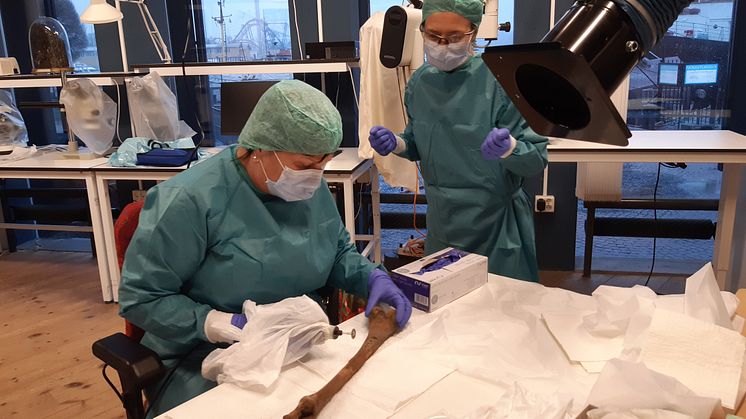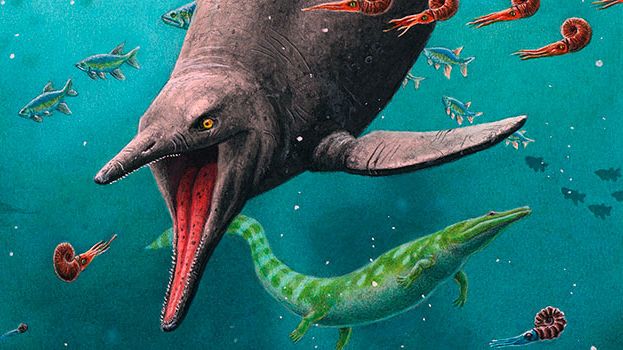Increased risk of testicular cancer in people with neurodevelopmental disorders
A new study by researchers at Uppsala University and Uppsala University Hospital shows that men who have a neurodevelopmental disorder, such as autism and ADHD, also have a slightly increased risk of testicular cancer, or seminoma. This is the first study to show such a link, with the results to be published in the British Journal of Cancer.




